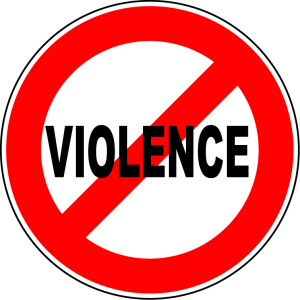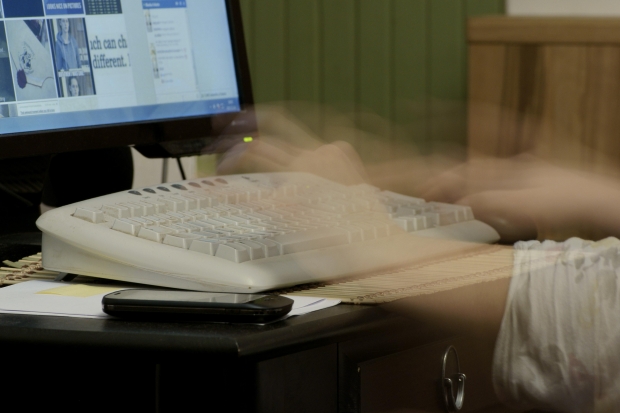Domestic violence injunctions are serious business. Having an injunction issued against you limits your rights in certain areas. It limits the freedom to go certain places, it limits the freedom to possess firearms, and it creates criminal liability for violating the injunction. Florida Statute 741.30 governs the circuit court’s injunction powers in regard to Domestic Violence. The statute is designed to make seeking a protective order an easy endeavor.
As a Jacksonville criminal defense and family law attorney, I’ve defended people in proceedings to have injunctions put in place, and I’ve also represented people seeking the protection of a domestic violence injunction. A common occurrence is that people are [understandably] highly emotional immediately after whatever incident led her [or him] to seek a domestic violence injunction, and he or she is adamant about having the protection in place. However, time has a way of healing wounds. The anger slips away, but now there is a court order that says that Boyfriend can’t come near Girlfriend or contact her for the next year [or maybe even permanently]. These situations can happen in both directions, but the most common scenario in my experience is that the woman is seeking protection from the man.
The thing about the injunctions are that they don’t tell Girlfriend that she is to stay away from Boyfriend; in most instances, it’s a one-way street. Boyfriend must stay away from and can’t contact Girlfriend, even if she says that it’s okay, because the judge said, “DON’T DO IT!” So what happens? Well, Boyfriend [thinking the coast is clear] accepts an invitation from Girlfriend to come by and spend time with her. Things are great, until there is a disagreement about something, usually some trivial and incredibly unimportant thing. By the way, while things were great, Boyfriend and Girlfriend called and texted each other ALL the time. So, after there is a falling out, she has plenty of proof that he’s violated the injunction, which is a crime.
Continue reading
 Jacksonville Criminal Defense Lawyer Blog
Jacksonville Criminal Defense Lawyer Blog




